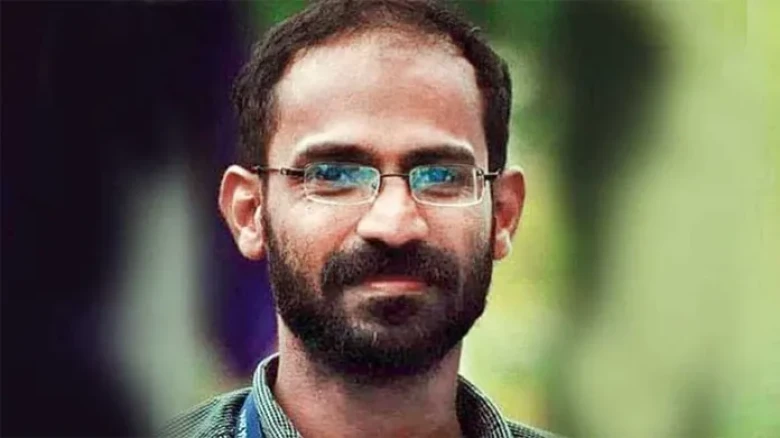National

After a Mathura court denied Siddique Kappan's bail application, he appealed to the High Court...
Digital Desk: The Allahabad High Court's Lucknow bench rejected the bail petition of journalist Siddique Kappan, who was charged under the Unlawful Activities Prevention Act in the Hathras conspiracy case. On Thursday, a single bench of Justice Krishan Pahal issued the refusal ruling.
Earlier this, on August 2, following the conclusion of the state's and accused's respective attorneys' arguments, the bench had reserved its order.
After a Mathura court denied Siddique Kappan's bail application, he appealed to the High Court.
Siddique Kappan, a reporter for the Malayalam news portal Azhimukham and the secretary of the Delhi unit of the Kerala Union of Working Journalists (KUWJ), was detained in Uttar Pradesh in October 2020 along with three other individuals while en route to Hathras to cover the gang-rape and murder of a 19-year-old Dalit woman.
The police had claimed that the accused had attempted to disturb Hathras' law and order. Additionally, they claimed that the accused were connected to the Popular Front of India (PFI).
The woman, after being allegedly raped by four guys from her hometown on September 14, 2020, passed away in a Delhi hospital a fortnight later. She was cremated in the middle of the night in her village.
Her family members claimed that they were denied the opportunity to carry the body home for the final time before the cremation, which took place well past midnight, and that it was done without their agreement.
Siddique Kappan and others were charged under Sections 17 and 18 of the Unlawful Activities (Prevention) Act (UAPA), Section 124A (sedition), Section 153A (promoting enmity between different groups on the ground of religion), and Section 295A (deliberate and malicious acts intended to outrage religious feelings) of the Indian Penal Code and Sections 65, 72, and 75 of the Information Technology Act.
Leave A Comment